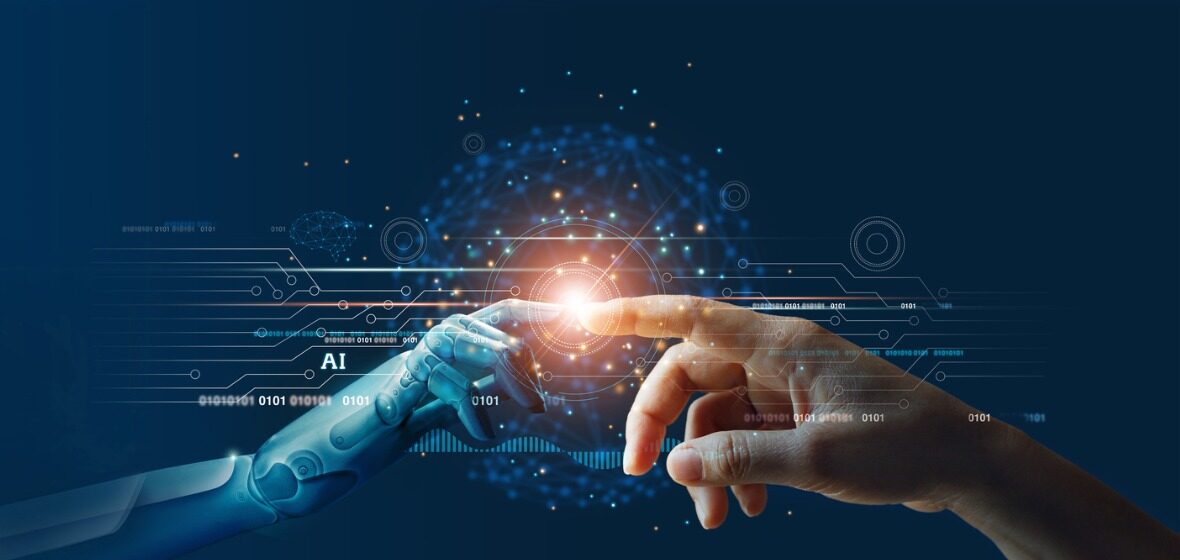A future where court cases are decided by artificial intelligence (AI) judges is not too far from becoming a reality.
In Estonia, small contract disputes for less than 7000 euros are being decided by AI judges to give their human counterparts more time to address complex issues. The two parties in a dispute upload all relevant information and the AI judge issues a decision. This can subsequently be appealed to a human judge.
A joint research project conducted by the Australian Institute for Judicial Administration (AIJA), UNSW Allens Hub for Technology, Law and Innovation, UNSW Law & Justice, and the Law Society of NSW’s Future of Law and Innovation in the Profession (FLIP) has highlighted the potential benefits and issues of using AI in Australian courts.
Associate Dean of Research at UNSW and Professor Lyria Bennett Moses said that AI was an evolving part of the court process.
“Artificial intelligence, as a concept and as practice, is becoming increasingly popular in courts and tribunals internationally,” said Moses.
Artificial intelligence, as a concept and as practice, is becoming increasingly popular in courts and tribunals internationally.
“There can be both immense benefits as well as concerns about compatibility with fundamental values,” said Moses.
“AI in courts extends from administrative matters, such as automated e-filing, to the use of data-driven inferences about particular defendants in the context of sentencing.”
Professor Moses said that judges, tribunal members and court administrators need to be across emerging technologies to ensure fundamental court values are being served.
Moses also considered whether practices common in American might be acceptable in an Australian context.
“The use of some tools is in conflict with important legal values,” she said.
“There are tools, frequently deployed in the United States, that ‘score’ defendants on how likely it is they are going to re-offend. This is not based on an individual psychological profile, but rather on analysis of data.
“If people ‘like’ you have reoffended in the past, then you are going to be rated as likely to re-offend.”
While this tool could save court resources and improve efficiency, it may be biased against certain racial groups. Moreover, the secret nature of AI systems and coding may leave judges and parties in the dark as to how decisions were generated. It also removes the important human element from the process.
In contrast, AI has potential to improve access to justice. Moses highlighted that language barriers are just one example where AI could add enormous value. AI could be used to convert audio from a court case into text and then translate it into multiple languages.
“I’ve always believed that interesting legal questions lie on the technological frontier, whether that relates to AI or other new contexts to which the law is called to respond,” said Moses.
“My main advice is to tread carefully, to seek to understand how things work before drawing conclusions on what the law should do about it.
“But we need people to ask the right questions, and help society answer them.”




